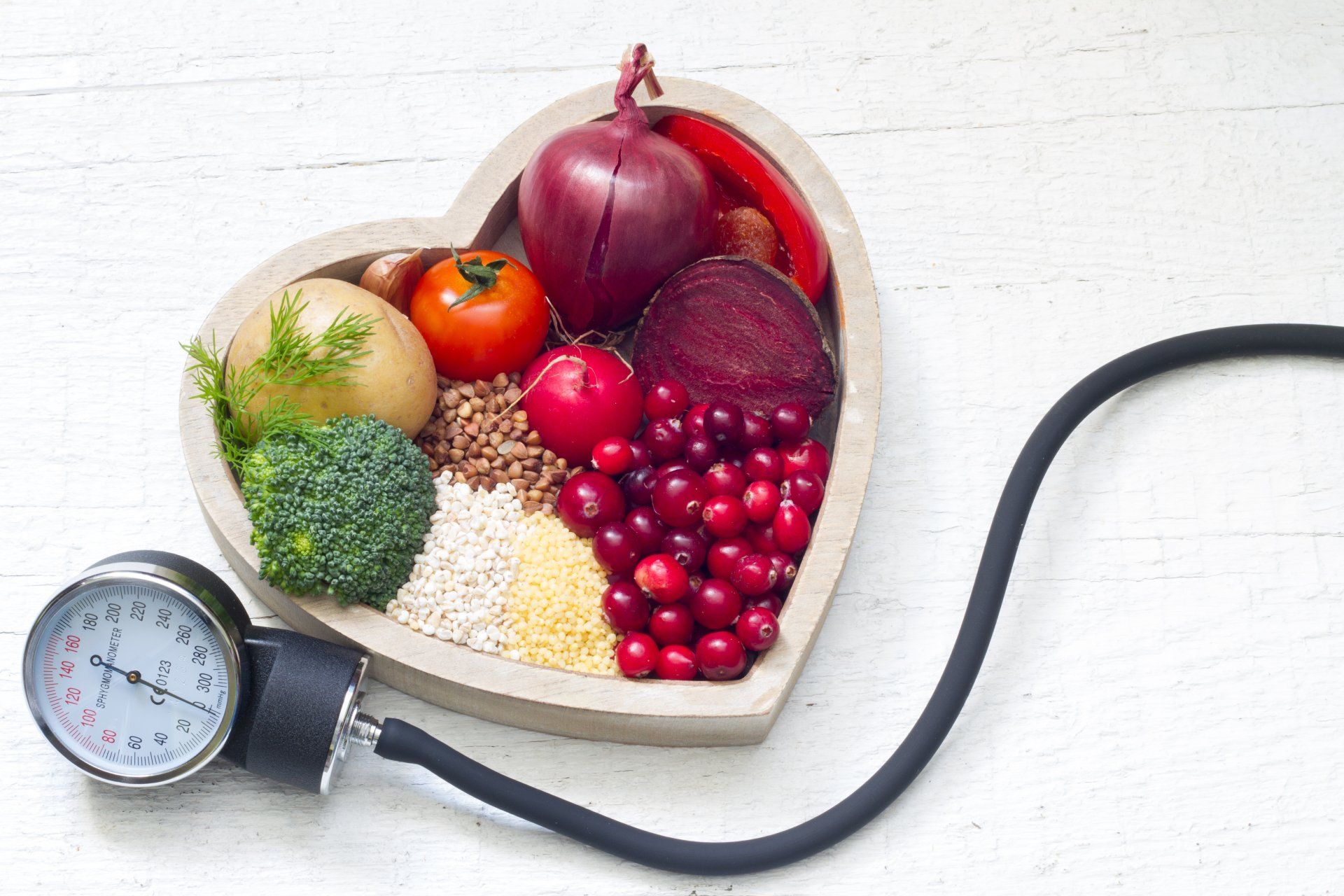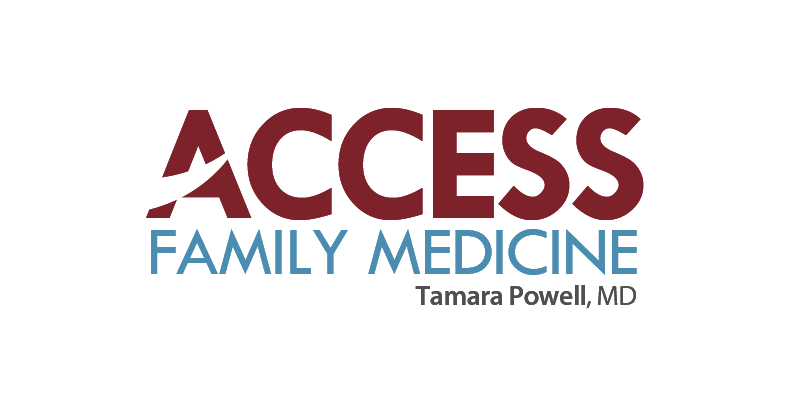Providing you the up-to-date information on the vaccine
- How do I get the vaccine?
Answer: The vaccine is an injection or shot. You will need two shots for both of the EUA approved vaccines. The Pfizer vaccine is given 21 days apart. The Moderna vaccine is given 28 days apart.
You are not fully vaccinated until you receive both doses (two shots).
If you miss the 21/28-day window, you do NOT need to start all over again.
- Why should I get the vaccine?
Answer: The shot will help protect you from being infected with SARS-CoV-2 (the infection that causes COVID-19) and, even if you get infected, it will help prevent you from developing symptoms of severe COVID-19.
Getting the vaccine reduces your risk of becoming ill, seriously ill, or dying from COVID-19. The vaccine may also decrease the chance you could pass the virus on to someone else (see below).
When enough people receive the vaccine, we will reach what’s called herd immunity. Herd immunity will help protect everyone from COVID-19.
However, before we reach that point, we will still need to keep doing all the things we were already doing to protect ourselves: wash hands frequently, social distance, and wear masks.
- What is “herd immunity”?
Answer: Herd immunity occurs when a majority of the population (the “herd”) is vaccinated. When enough people are immune through vaccination, the disease is unable to spread. With nowhere to go, the virus dies out. It is then far less likely that anyone, immunized or not, will become infected with the virus. Usually, about 70% of people must be vaccinated to reach herd immunity. Because these vaccines will take time to be distributed, we will need patience because it will take many months to reach this point with COVID-19.
To be clear: herd immunity is not the idea that a majority of people get sick with COVID-19 and recover. Herd immunity only applies to the COVID vaccine.
- Why is the vaccine taking so long to be developed and given out?
Answer: This vaccine has been developed very quickly compared to other vaccines. This is due to the urgency of the global pandemic. However, it has been created in a way that allowed it to be safe and to be studied so that people around the world can be confident in taking it.
The next step is distribution. Distribution has some challenges, including shipping, storing (some vaccines need to be kept at remarkably cold temperatures!), and administration. The millions of doses that are needed still need to be manufactured.
Finally, there will be people who do not want to receive the vaccine for various reasons — or who do not want to receive it at first but do end up receiving it later. This delay is a barrier in achieving “herd immunity,” and it may take time and patience to reach a level of 70–80% of the population becoming vaccinated.
- What is “vaccine hesitancy”?
Answer: This is when a person is “hesitant” about receiving the vaccine. This can be due to many factors, such as concern about the safety and development of this specific vaccine, lack of confidence in vaccines as a whole, or a lack of education about vaccination.
This is why it’s important for all of us to talk to each other, discuss concerns, and address them as honestly as possible.
- If I get the vaccine, will my risk of COVID19 be decreased?
Answer: Yes! These vaccines are effective and have been shown to significantly reduce your risk of getting sick with COVID-19. The risk decreases very quickly. Results from the Pfizer vaccine have shown that within 10 days of receiving the 1st shot, your risk of COVID significantly decreases. This is the same regardless of sex, race, age, or weight.
But that first dose is only 52% effective on its own. That’s why you need to get that second dose to get to the 95% effectiveness that everyone is talking about.
AND: you will still need to continue precautions for awhile longer. No vaccine protects 100% of the time. People will still have to minimize risk by wearing a mask, social distancing and washing hands.
- After I’m vaccinated, can I go to crowded indoor spaces?
Answer: No. First, the vaccine immunity takes at least 2–3 weeks after ALL doses. Also, the vaccine is not 100%. You will still need to social distance and wear a mask until we reach herd immunity.
- Once I’m fully vaccinated, can I stop wearing masks, washing hands, and social distancing?
Answer: No. We are still collecting data on how well the vaccines will prevent the spread of coronavirus. Some vaccinated people may get infected without developing symptoms and silently spread the disease to others. You must continue to practice social distancing, wear a mask, and wash your hands frequently. While vaccines are effective, they are not a 100% guarantee, and it will take at least several months for us to reach a point of herd immunity.
- If I get the vaccine and still get COVID, will I get less sick?
Answer: Yes. The vaccine has been shown to decrease severe COVID-19 in those who do come in contact with the SARS-CoV-2 virus. This is incredibly important, as we know a lot of long-term damage occurs when people are sicker with COVID-19. Being vaccinated helps keep people with COVID-19 out of hospitals, which protects our health care institutions for everyone.
- Once I am fully vaccinated, will I be able to pass on the virus to others?
Answer: this is still being studied. The Oxford-AstraZeneca and the Moderna vaccines looked at asymptomatic transmission of the virus (meaning having active virus that could be spread but having no symptoms) and found that it was significantly decreased with their vaccines.
However, we do know that not everyone responds to these vaccines; and some vaccinated people still could get infected and not have symptoms. Those people can still spread the disease to others.
Bottom line: until we reach a point of “herd immunity” or get more data on this, you still need to wear a mask, social distance and wash your hands frequently to protect yourself and others.
- What level of immunity can the elderly and immunosuppressed expect to get from the vaccine?
Answer: The clinical trials for both Pfizer and Moderna thus far indicate no difference in efficacy by age with the vaccine.
It is unclear at this time what the effect of various immunosuppressant medications will be on the vaccine.


